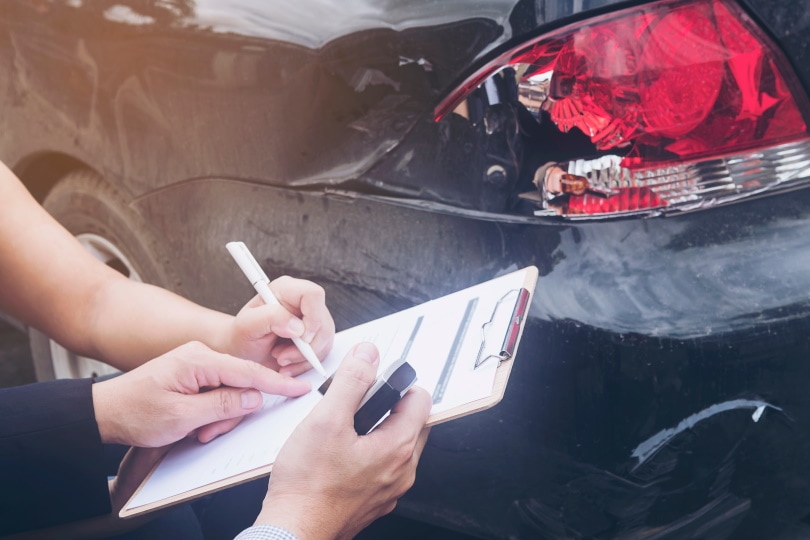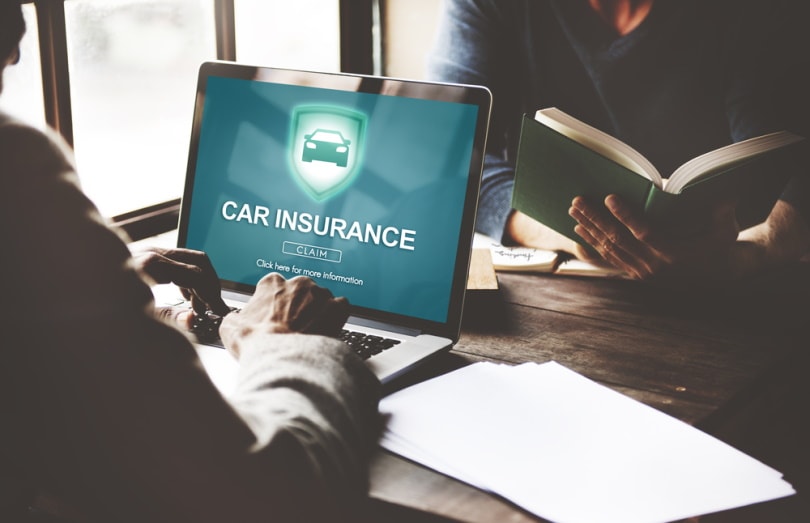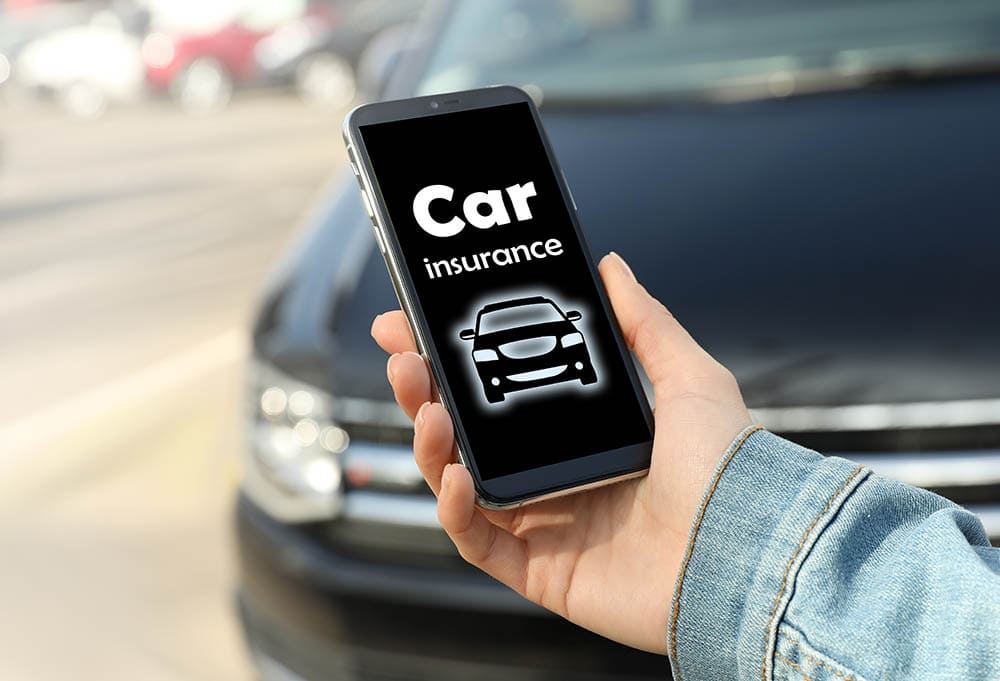How Much Is Car Insurance in Washington? (Updated in 2025)
-
Chris Dinesen Rogers
- Last updated:
According to the Insurance Research Council¹ (IRC), nearly 13% of US drivers are uninsured. Washington has one of the highest percentages in the country at 21.7%. Not only is it unfair, but it puts a financial toll on all motorists, with the paying customers footing the bill for the slackers. The 2019 average national premium¹ was $1,070.47. Meanwhile, it was $1,066.84 for Washington.
The Importance of Car Insurance in Washington
Washington, like most states, has a mandatory liability insurance law.
- $10,000 for damage to another person’s property
- $50,000 for injuries or death to all other people
- $25,000 for injuries or death to another person
This insurance will cover the costs of injuries and damage you cause for another driver and their passengers. It’ll also go into effect for family members and anyone you allow to use your vehicle. It typically includes rentals for most insurance plans.
That doesn’t cover your vehicle or injuries. You’ll have to opt in for additional coverage to handle those expenses. It’s worth noting that Washington is an at-fault state. That means whoever caused the accident is responsible for the cost incurred. However, you do not have to have uninsured motorist coverage.
Of course, it’s impossible to put a price on the toll of accidents. However, from an insurance perspective, Washington¹ incurred about $9.2 million in bodily injury liability claims and almost $7 million for property damage in 2018.

How Much Does Car Insurance in Washington Cost?
Several factors can determine the price you’ll pay for car insurance in Washington. They include the obvious things like your driving record and the cost of your vehicle.
- Medical and legal costs
- Weather
- Population density
- Auto repair costs
- Vehicle theft rates
- Traffic density
- Accident rates
Premiums can vary within the state based on local factors. As you can see, many things are outside of your control but play a role, nevertheless. Insurers use three parameters to set state-based rates: disposable income per capita, miles driven per number of highway miles, and urban population.
- $55,924 per capita disposable income
- 773,273 vehicle miles per highway mile
- 113 persons per square mile
- 7% of the state’s population in urban areas

The national average traffic density is 775,207 miles. To put it in perspective, the figure is 1,992,294 miles for New Jersey.
The average cost for the required liability insurance was $705.11, based on the latest available data from 2019. Collision coverage was $325.38 and $121.13 for comprehensive insurance. Washington ranked 17th in the country based on these figures. It ranked 18th in 2018. The percentage change between those two years was a 3% increase in the premium cost. However, the 2019 average cost is nearly a 20% spike over the 2015 numbers.
According to MoneyGeek.com¹, auto insurance costs in Seattle range from $809–$2,566, depending on the carrier. Geico is the least expensive. However, active military personnel and veterans can do even better with USAA and a $655 premium. Remember that Seattle is the most expensive market as the most populous city¹ in the state. The rates also exceed Washington’s average.
Wide ranges in premium cost exist with age. For example, it’ll cost you $7,460 to insure a teenager¹ in Seattle. The rates are least expensive for a 50-something individual at $1,467.
Additional Costs to Anticipate
If you don’t want to buy insurance, you have three other options¹. You can either get a liability bond for at least $60,000 or apply for a certificate of deposit. You can also self-insure your vehicle. Needless to say, most residents get third-party insurance. Bear in mind that you must have proof of coverage with you when you’re on the road.
Not having insurance comes at a price if you’re caught. Fines start at $550. You’ll also get your driver’s license suspended for failure to pay the costs of an accident.
How Often Should I Check Car Insurance Quotes?
We suggest shopping around for insurance every couple of years. Your rate likely won’t change as your vehicle ages. You’ll probably find it gets cheaper as your car gets older. That’s especially true if you bought your vehicle new.
What Effects Does My Driving History Have on Insurance Costs?
Surprisingly, the insurance premiums are similar, no matter what accident or violation is on your record. According to The Zebra¹, the average cost is about $2,036 if you have a speeding ticket from going 16–20 miles per hour over the limit. The premium with a DUI on your record is $2,416.
Where Is Insurance Most Expensive or Affordable in Seattle?
Location! Location! Location! Zip codes are one of the deciding factors for insurance costs.
- Most Affordable: 98107, 98110, 98117, 98155, 98199
- Most Expensive: 98106, 98108, 98118, 98126, 98144
Of course, these findings are in conjunction with the other factors we’ve discussed. Undoubtedly, traffic density plays a significant role in what you’ll pay. Vehicle theft also figures into the price. Washington has a relatively high vehicle theft rate¹ at four per 1,000 vehicles. It’s 1.91 in Illinois and 1.18 in New York.

Conclusion
Washington is about average for auto insurance costs. The price is higher in metro areas. Seattle is no exception. The key takeaway is to get your vehicle insured. You may not like writing that monthly check. However, the coverage you’ll get for the expenses you may incur from a single accident makes it well worth the money and the headaches.
- https://www.insurance-research.org/sites/default/files/downloads/UM%20NR%20032221.pdf
- https://mrsc.org/home/research-tools/washington-city-and-town-profiles.aspx?orderby=citypop&dir=up
- https://www.dol.wa.gov/driverslicense/insurance.html
Featured Image Credit: Rawpixel.com, Shutterstock
Contents
